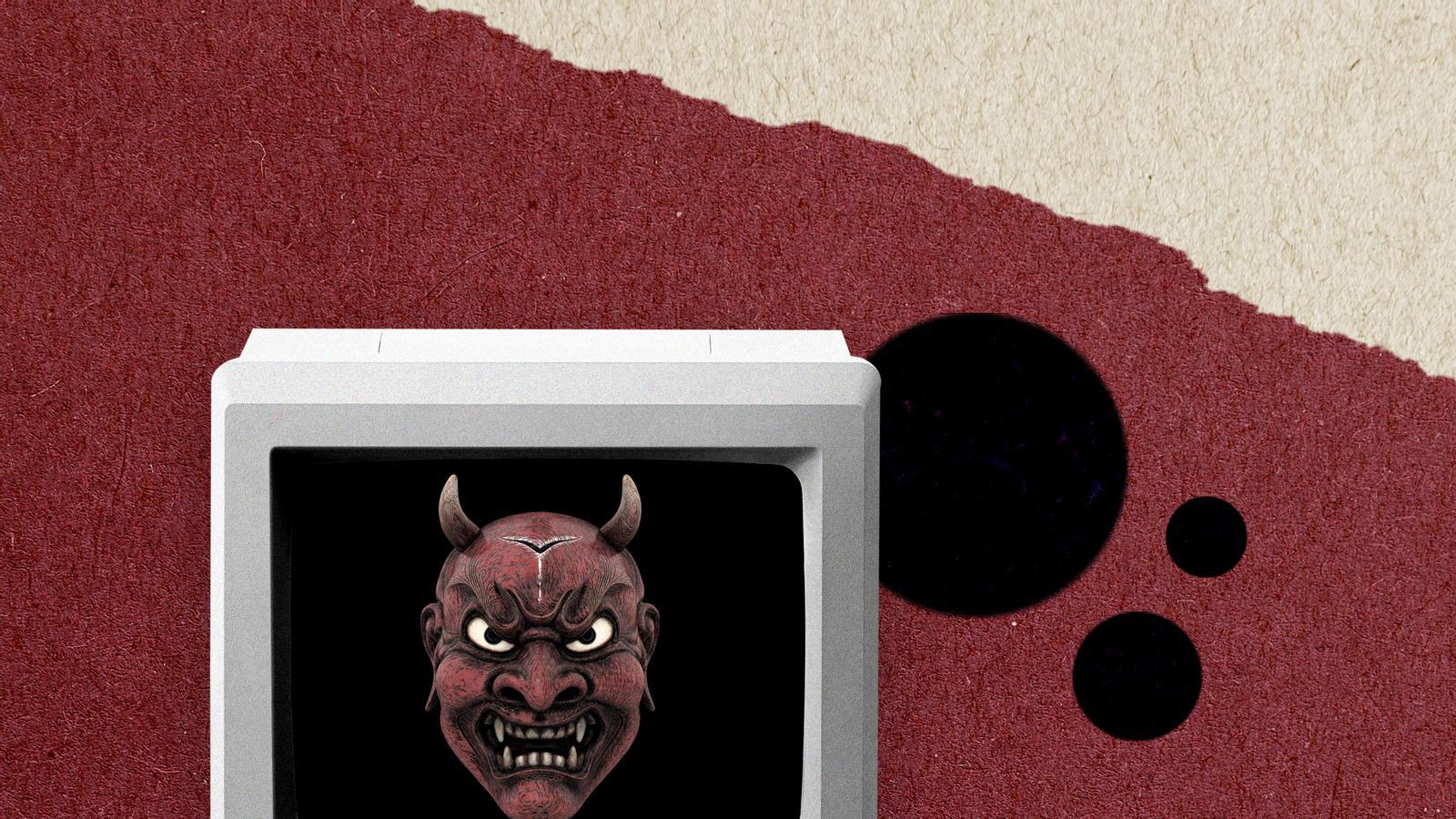The novelist, the demon and artificial intelligence


Mireia discovered the catastrophe three days after the book exploded in bookstores like an ink bomb. Three triumphant days, while sales soared and early readers devoured her words like starving dogs. Three days before the world collapsed.
I was in chapter eight. Hidden among Satanic rituals and bodily fluids described in rabidly poetic prose, the cursed phrase glowed—with the grace of a sex-shop neon sign—"Here's the scene where the protagonist discovers her lover is actually the devil." Hope you like it.
ChatGPT is so polite! But he always has that habit of starting replies with a comment no one asked for. And when Mireia pressed Ctrl+V, aka copy and paste, she not only dragged the scene the artificial intelligence had written for her, but she also forgot to delete that damn comment, which ended up directly in the draft of the new novel.
And there it stayed. On page 8. Amidst the descriptions of blood, sex, and black magic that so excited her fans, the sentence that condemned her throbbed, like a festering wound in the middle of the prose. Social media was abuzz. The post with the screenshot had more shares than the video of the bachata-dancing cat. "You're a fraud!" "Liar!" "I thought you were the new Rowling. But you're the new Ana Rosa Quintana."
Mireia closed her eyes, expecting an email from her publisher that would surely begin with: "Dear Mireia, we regret to inform you that..." But, surprisingly, the world didn't end. The book became a mass phenomenon. Sales tripled. The original edition—with the error—sold out in 48 hours. Copies with the cursed phrase were sold on eBay for 200 euros as a "new edition." glitch".
The hashtag #PutoChatGPT went viral. Influencers Literary critics tattooed the phrase on their forearms. Three days later, she received a call from her editor. "Mireia, queen... you have a gift. You were ahead of your time. You've opened a new genre: accidental demonic metaerotica." And with a voice trembling with success, she continued: "We want you to write a sequel. And this time..." – the editor paused theatrically – "I want the demon to be an artificial intelligence. Like a ChatGPT that wants to fuck the protagonist."
She took a breath, opened ChatGPT, and typed, "Write a novel where the protagonist discovers that the lover who seduces and possesses her is actually an AI demon. Make it dramatic and with lots of sexual tension."
Epilogue
When the second novel –"Algorithmically torrid"– came onto the market, readers lined up at FNAC as if they were giving away bitcoins wrapped in golden toilet paper. A large producer of streaming offered him an eight-part series. The AI-shaped demon would play a digitally recreated version of Benedict Cumberbatch.
And finally, one day, Mireia received THE CALL. It was from Barcelona. "Mireia Salvat, the Planeta Awards jury has unanimously decided"—the spokesperson's voice trembled with emotion—"that your work marks a before and after in the relationship between literature, artificial intelligence, and devilish sex." She cried. Not because of the million-euro prize, but because she now saw that anything was possible.
He grabbed his laptop. He opened ChatGPT and typed: "Write a draft of a novel in which the protagonist wins the Nobel Prize in Literature after confessing that her entire work was written by an AI. Make it dramatic and with lots of sexual tension, of course."
